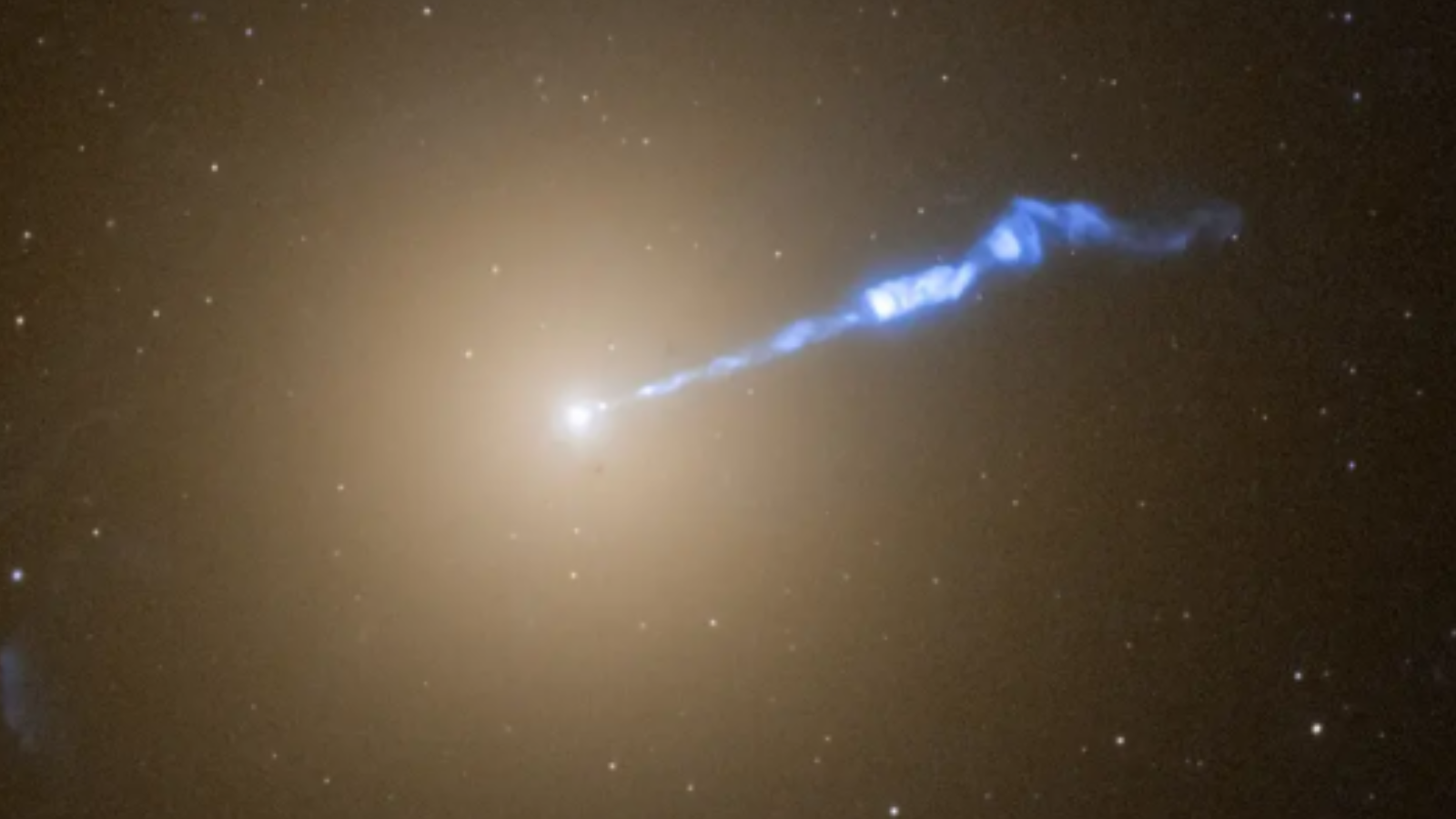NASA Chief Griffin Confident Shuttle Will Resume Flying Quickly
WASHINGTON-- NASA Administrator Mike Griffin expressed confidence July 29 that the U.S.space agency will be able to remedy "in short order" the foam debris problemthat marred what he described as the space shuttle's otherwise nearly perfectreturn to flight July 26.
NASA hassuspended future shuttle flights until engineers figure out why large pieces ofinsulating foam fell off Space Shuttle Discovery's large external fuel tank despiteextensive improvements undertaken in the aftermath of the February 2003 SpaceShuttle Columbia accident.
AlthoughNASA officials said it is too early to tell how long it will take to furthermodify the shuttle's external tank to avoid a repeat of the foam shedding seenduring Discovery's launch, Griffin said he does not expect the newly orderedstand-down to be "a long drawn-out affair."
"We aregoing to fix it in short order and we are going to get back to flying," Griffinsaid in his first press conference since NASA decided July 27 to ground theshuttle fleet until the problem is solved.
Griffincalled Discovery's mission thus far "the cleanest flight practically that wehave ever seen."
He notedthat with the exception of the foam loss -- which was well outside NASAparameters of what was expected and deemed acceptable -- the shuttle team andthe vehicle itself are performing "better than perfect."
While NASADeputy Space Shuttle Program Manager Wayne Hale said he was "mortified" that apillow-size chunk of foam broke off the external tank two minutes into flightand just missed Discovery, Griffin described his reaction to the setback muchmore dispassionately.
Breaking space news, the latest updates on rocket launches, skywatching events and more!
"I'm notmortified," Griffin said. "I've had a 35-year career as an engineer in the spacebusiness, and I have seen more than one mistake made. We made a mistake."
Griffinsaid that while NASA gave careful consideration to changing the section of thetank that shed foam this time, shuttle engineers decided it was best to fly asis. Griffinsaid the July 26 test flight made clear that was the wrong decision, he said.
Griffin said NASA has established a"tiger team" to tackle the foam loss problem and find solutions. He also saidthat the Discovery's seven astronauts and their two colleagues aboard theinternational space station will be looking for anything they can do to preparethe station to weather a longer-than-expected gap between Discovery's visit andthe next shuttle flight.
Brian Berger is the Editor-in-Chief of SpaceNews, a bi-weekly space industry news magazine, and SpaceNews.com. He joined SpaceNews covering NASA in 1998 and was named Senior Staff Writer in 2004 before becoming Deputy Editor in 2008. Brian's reporting on NASA's 2003 Columbia space shuttle accident and received the Communications Award from the National Space Club Huntsville Chapter in 2019. Brian received a bachelor's degree in magazine production and editing from Ohio University's E.W. Scripps School of Journalism.

